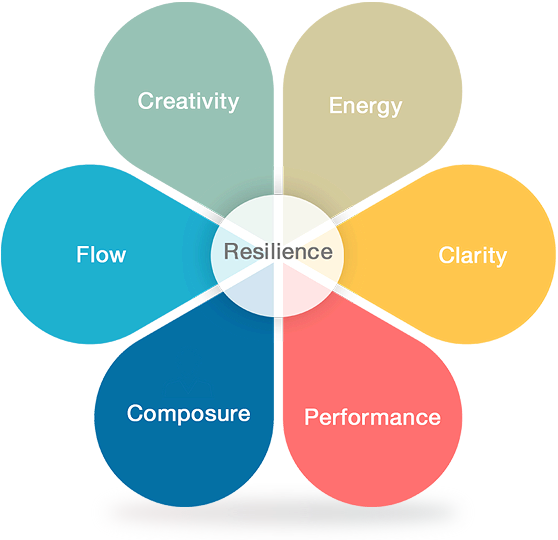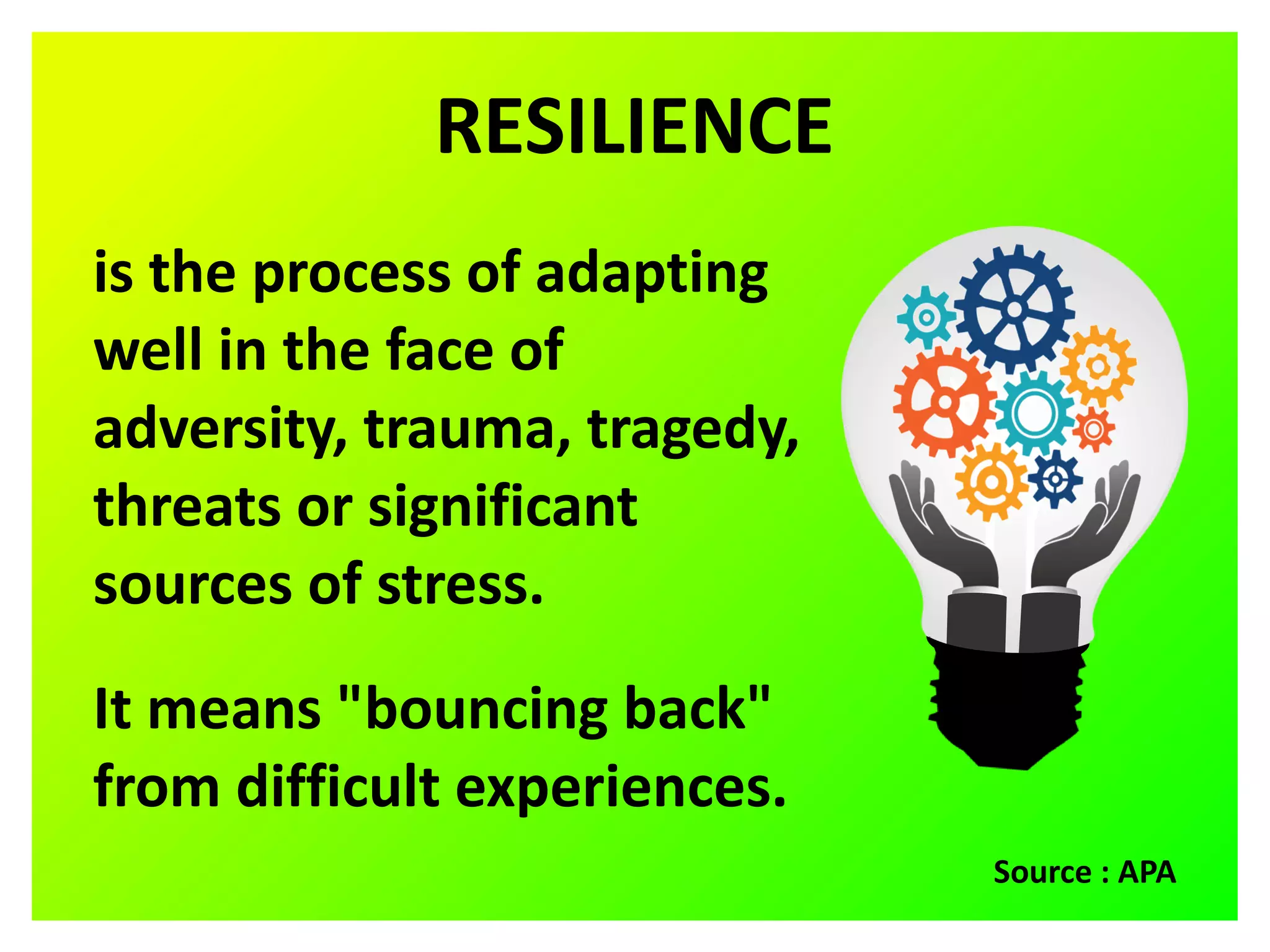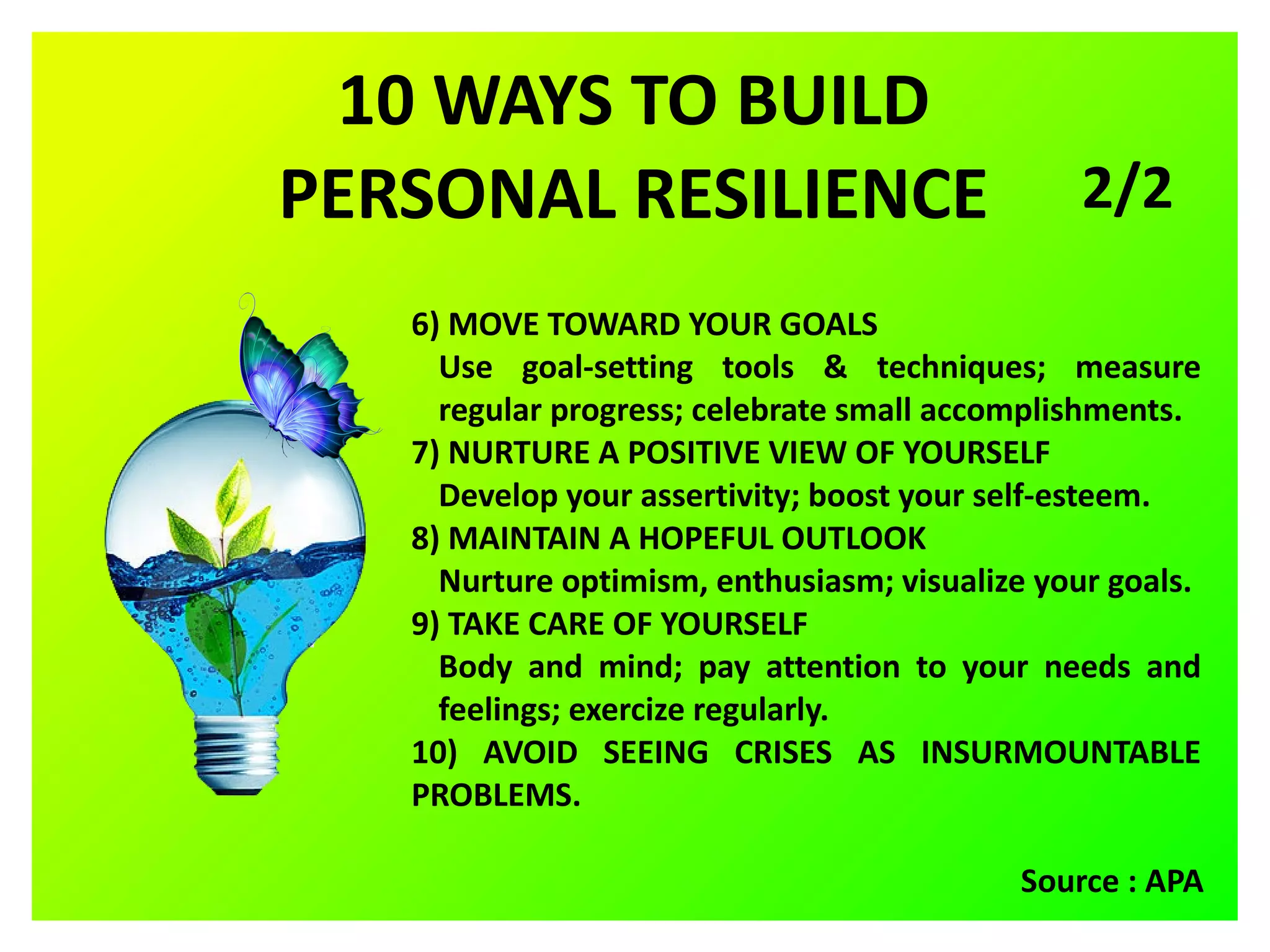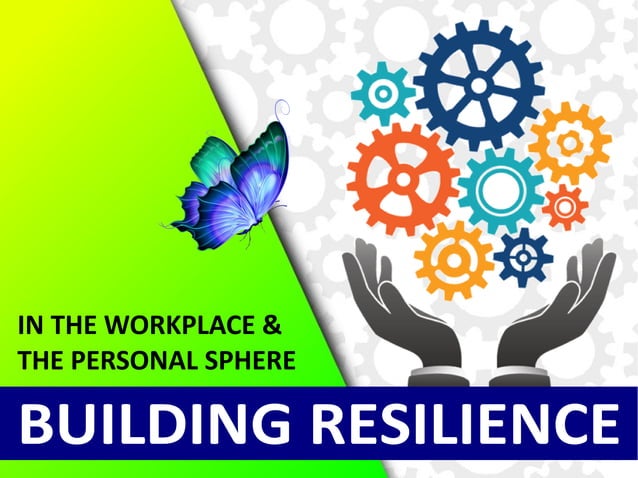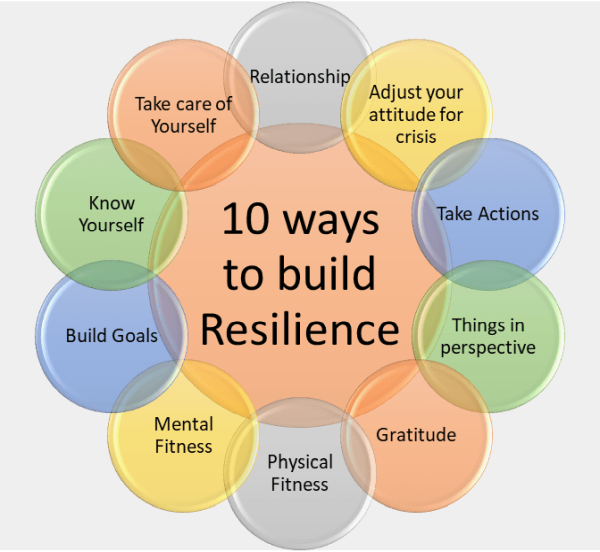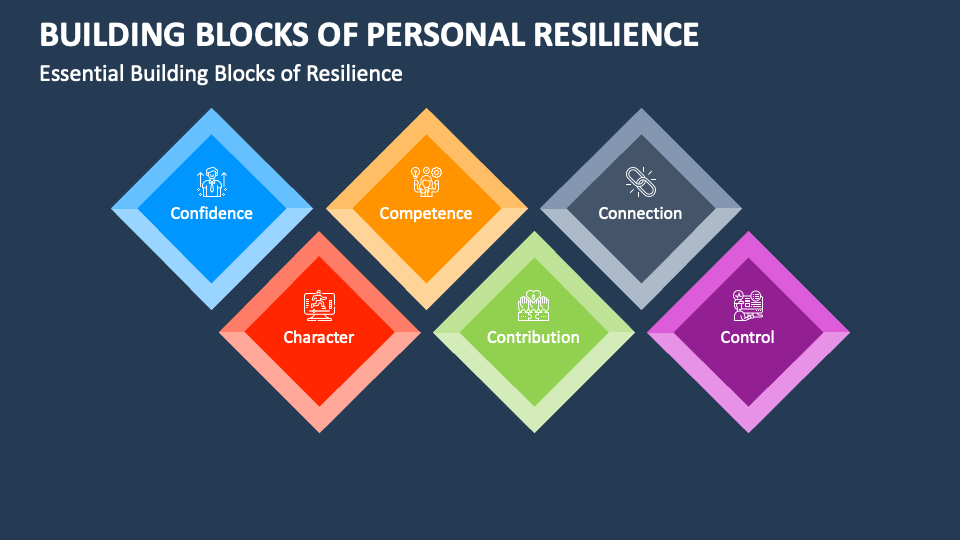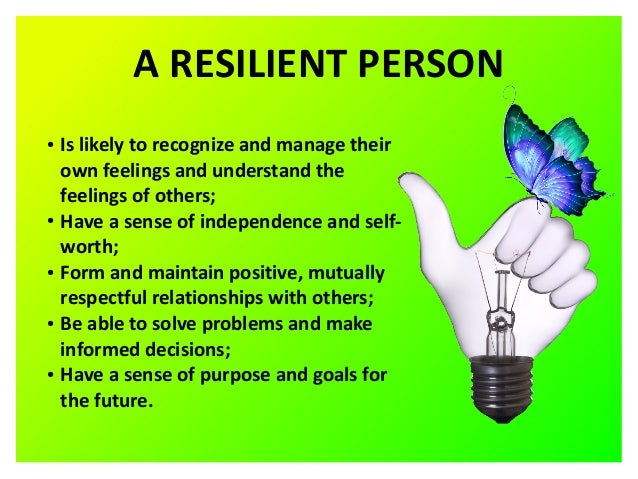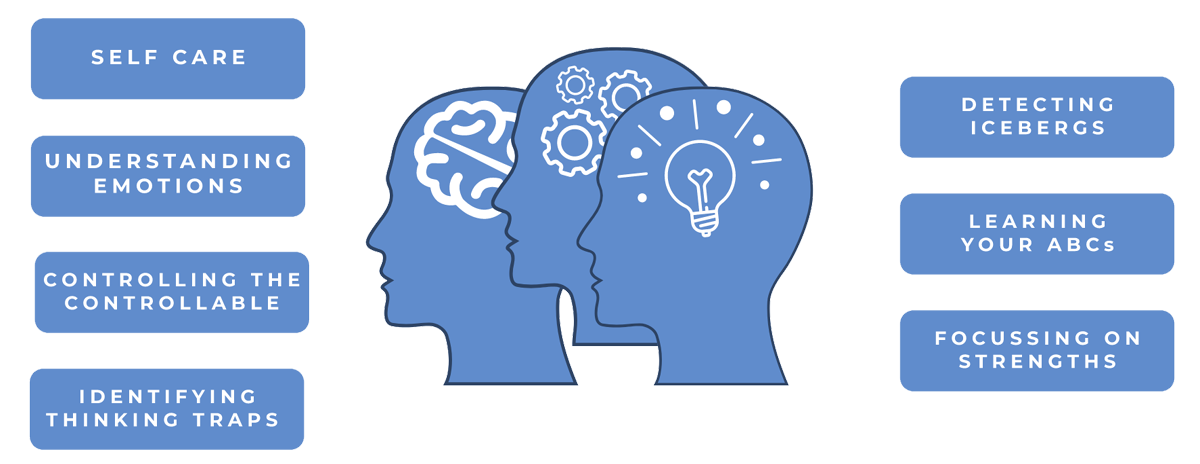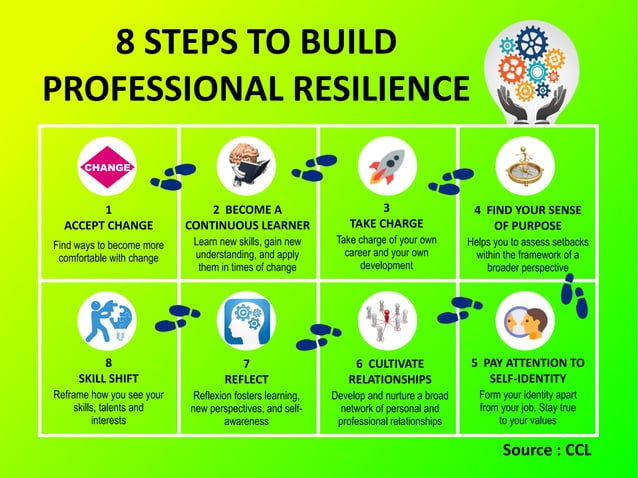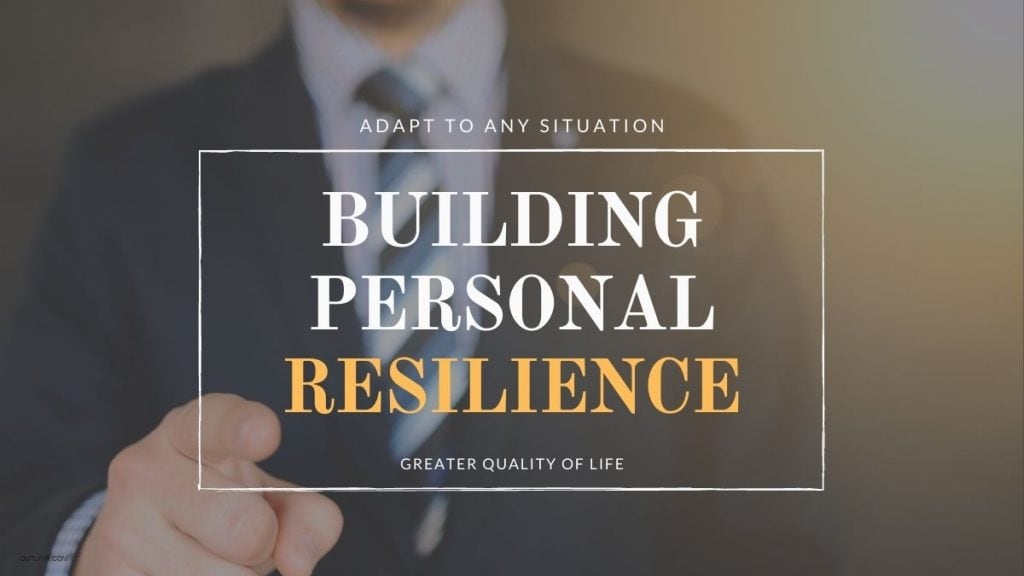Which Is Not A Direct Benefit Of Building Personal Resilience
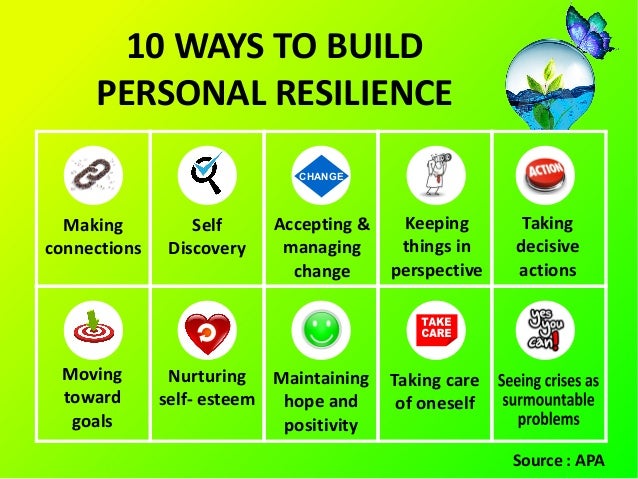
In an era defined by constant change and unprecedented stressors, the concept of personal resilience has become a buzzword, often touted as a panacea for navigating life's challenges. However, the widespread promotion of resilience can sometimes lead to unrealistic expectations and a misunderstanding of its true benefits and limitations. It's crucial to delineate the tangible advantages of cultivating resilience from those often mistakenly attributed to it.
This article aims to dissect the purported benefits of building personal resilience, clarifying what it directly provides and, perhaps more importantly, what it does not. The focus is on identifying one common misconception: that resilience directly eliminates the experience of hardship and adversity. We will delve into the nuanced reality of resilience, drawing upon psychological research and expert opinions to provide a balanced and fact-driven perspective.
Understanding Resilience: What It Is and Isn't
Resilience, at its core, is the ability to bounce back from adversity. It's about adapting well in the face of trauma, tragedy, threats, or significant sources of stress – such as family and relationship problems, serious health problems, or workplace and financial stressors. The American Psychological Association (APA) defines resilience as "the process of adapting well in the face of adversity, trauma, tragedy, threats, or significant sources of stress."
What resilience is not, however, is an immunity shield. It does not mean that individuals with high resilience will never experience pain, sadness, or frustration. It does not guarantee a life free from challenges or a shortcut to happiness.
The Direct Benefits of Building Resilience
Several direct benefits are reliably associated with building resilience. Improved emotional regulation is one key outcome, as resilient individuals are often better equipped to manage their emotions in stressful situations.
Enhanced problem-solving skills are another direct result. Resilience fosters a proactive approach to challenges, encouraging individuals to seek solutions rather than succumbing to despair. Stronger social connections often emerge as individuals who cultivate resilience are more likely to seek and maintain supportive relationships.
Finally, increased self-efficacy, or the belief in one's ability to succeed in specific situations or accomplish a task, is a hallmark of resilience. Individuals who have successfully navigated adversity often develop a stronger sense of their own capabilities.
The Misconception: Resilience as Hardship Avoidance
A common misconception is that building resilience somehow eliminates or bypasses the experience of hardship. This is simply not true. Resilience doesn't prevent difficult situations from arising, nor does it erase the pain and emotional toll they can inflict.
"Resilience is not about being invincible," explains Dr. Amelia Thompson, a clinical psychologist specializing in trauma recovery. "It's about having the inner resources to navigate difficult times and emerge stronger on the other side."
The idea that resilience equates to a trouble-free existence is particularly dangerous because it can lead to self-blame when individuals inevitably encounter challenges. People may wrongly assume they lack resilience if they experience negative emotions or struggles, even when facing legitimate hardships.
Why This Misconception Persists
The oversimplified narrative surrounding resilience in popular culture contributes to this misconception. Often, the focus is on the triumphant narrative of overcoming adversity, without acknowledging the ongoing challenges and emotional labor involved. Social media, in particular, can amplify this effect, portraying curated images of seemingly effortless success and resilience.
Furthermore, the language used to describe resilience can inadvertently reinforce this idea. Terms like "bouncing back" or "grit" sometimes imply a quick and painless recovery, neglecting the often-messy and protracted process of healing.
The pressure to appear resilient can also discourage individuals from seeking help when they need it. Fear of being perceived as weak or lacking resilience can prevent people from accessing valuable resources and support systems.
The Importance of Realistic Expectations
It's essential to promote a more realistic understanding of resilience. This involves acknowledging that adversity is an inherent part of life and that even the most resilient individuals will experience pain, setbacks, and moments of doubt.
Resilience isn't about avoiding these experiences; it's about developing the capacity to cope with them effectively. This includes practicing self-compassion, seeking social support, and utilizing healthy coping mechanisms. According to a study by the National Institute of Mental Health (NIMH), self-compassion is a significant factor in mitigating the negative effects of stress.
Furthermore, it's crucial to recognize that resilience is not a static trait but rather a dynamic process that unfolds over time. It's not something you either have or don't have; it's something you cultivate through conscious effort and practice.
Moving Forward: A Balanced Perspective on Resilience
To foster a healthier understanding of resilience, we need to shift the focus from effortless triumph to authentic coping. This means acknowledging the reality of suffering and validating the emotional experiences of those who are struggling. It also means promoting a more nuanced narrative of resilience that emphasizes the importance of self-care, social support, and professional help when needed.
Educating individuals about the true nature of resilience, emphasizing its role in managing adversity rather than eliminating it, is paramount. This education should start early, equipping young people with the skills and knowledge they need to navigate the inevitable challenges of life. Promoting a balanced perspective on resilience will help to dispel misconceptions and empower individuals to develop the inner resources they need to thrive, even in the face of adversity.
Ultimately, resilience is not a guarantee of a trouble-free life, but rather a powerful tool for navigating the inevitable storms we all encounter. By embracing a more realistic understanding of resilience, we can cultivate a more compassionate and supportive environment for ourselves and others.


